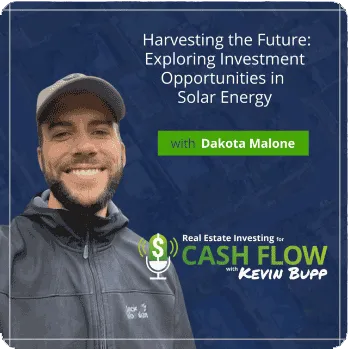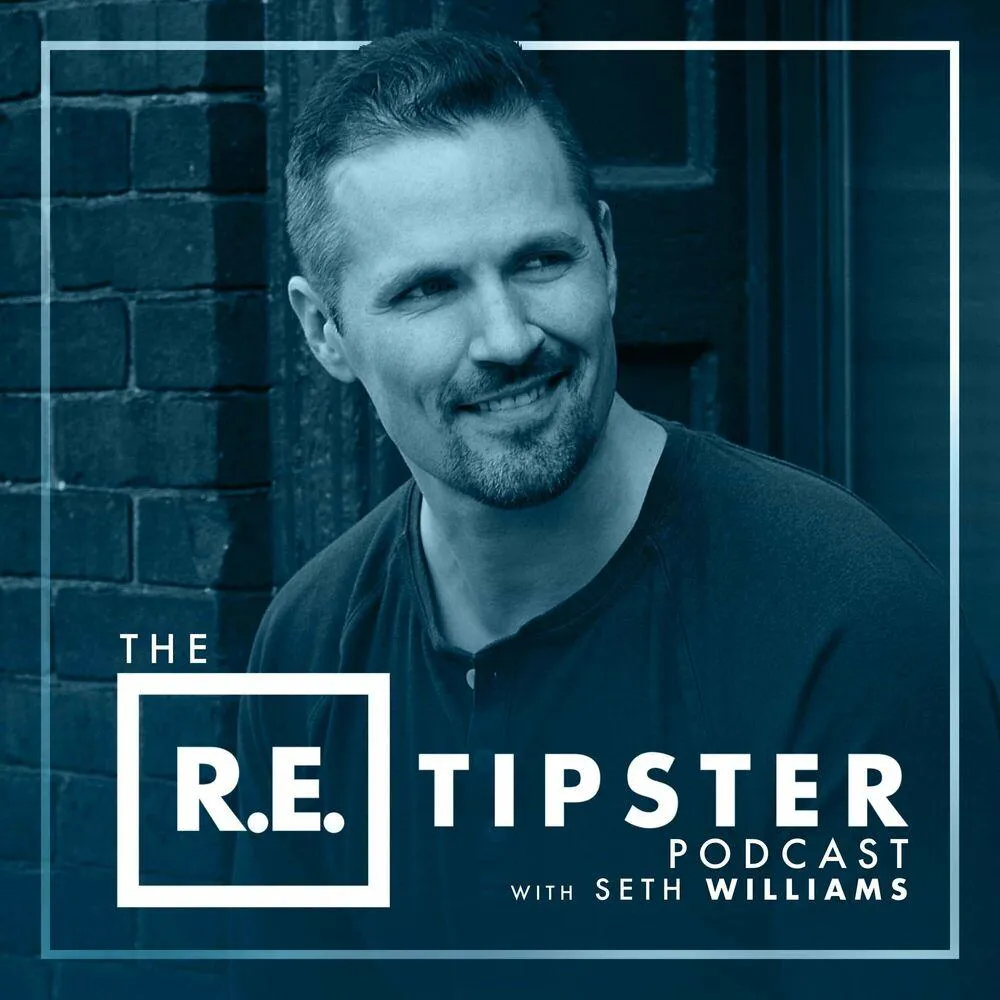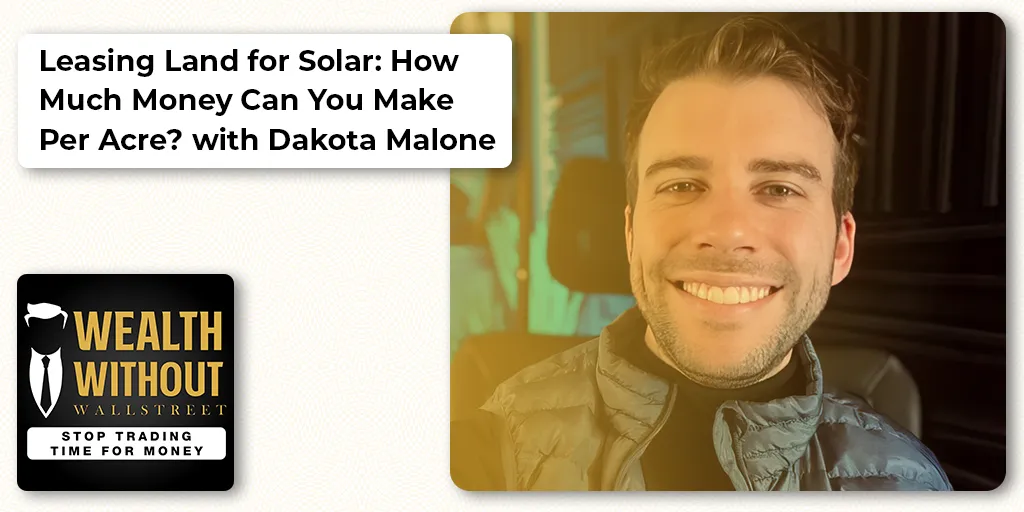Frequently-Asked Questions
We hope that this page answers most of your questions about leasing your land to solar developers. If you still have questions, drop us a line.
General/Process Questions About Leasing Your Land to Solar Developers
What's the overall process?
- Legal evaluation Developers will need to dig into legal matters concerning your land such as zoning, ownership status, mineral rights, easements, tax abatements and title restrictions. This can take a few weeks or a few months. If no problems are discovered, the developer will negotiate a fair lease price with you for your land.
- Site studies Once you and the developer sign a lease agreement, the developer will begin a series of technical and environmental studies on your land. This can take up to two years, depending on the size of the site. During this time, you can continue to use your land and any revenue you generate from it is yours to keep.
- Construction Once all studies are complete, full financing for the project has been secured, and any outstanding permitting and zoning issues have been settled, construction will begin. Construction length depends on the size of the project and ranges up to 18 months for a very large site.
- Operations Once constructed, the solar farm will generate electricity for 20-30 years. A small on-site staff of one or two individuals will monitor it. Additional service personnel may occasionally appear for maintenance.
How much money can I get paid?
Solar developers pay anywhere from a few hundred dollars up to a few thousand dollars per acre leased. It varies considerably by the developer, the size of the project, the state the land is in, market competition in the area (from other solar developers as well as companies interested in your land for other uses), and several other factors. That’s why it’s helpful to use a service like Community Solar Authority that will solicit multiple developers with the goal of getting you the most for your land.
How long does it take to build a solar farm?
The length of construction depends on the size of the farm and what preparation needs to happen first on the site (such as clearing trees). As a ballpark, a small farm might require a month to build, whereas a very large site could take up to 18 months. Keep in mind that months or even years of development work needs to happen before construction commences.
What happens after the lease expires?
Modern solar panels have an estimated useful life of up to 35 years, though contracts to sell solar energy typically don’t exceed 20 or 25 years, which is why the lease term is typically less. When the lease expires, the solar farm will either be decommissioned (everything removed from your land, at the operator’s expense) and the land returns to you, or, if you’re willing, the lease could be extended if there’s continued market demand for the power. In that case, the panels and other equipment might be upgraded but the basic shape of the solar farm probably wouldn’t change (though that depends somewhat on how much solar technology advances by then).
What if I currently lease a portion of my property to a third-party for ranching or farming?
You will need to give notice to your lessee to plan on winding down their farming or ranching activities. Fortunately, it may be several months before they need to go.
Can the house on my property be powered by the solar farm?
Unfortunately, no. The solar farm must be connected to the electrical grid at a much higher voltage than your house uses.
Is leasing my property to a solar developer the same thing as renting it?
The concepts are similar but renting generally involves shorter-term use, such as renting a house for a few months. Leases are long-term contracts. A solar land lease is typically for 20 or more years.
Your Land
What if there is a house or other structure on my land?
Most developers are willing to carve out a portion of a project area to accommodate structures that you want to remain there or continue to live in. Developers may also be willing, at their expense, to demolish and remove smaller structures that you no longer use, such as a barn or shed.
Will there be a fence around the solar farm?
Yes, the entire facility will be fenced for security and liability purposes. If you have aesthetic concerns about the particular type of fence that will be used or its precise placement, discuss those concerns with the developer.
Will my land be permanently harmed in any way?
Once operational, solar farms do not use or produce any hazardous materials, gasses or chemicals that could harm your land. During construction, land impacts will be modest and temporary, mostly caused by the activity of trucks and construction equipment.
Are there any health risks to my family or community?
None at all! This is one of the best things about solar farms. In contrast to a coal or natural gas plant, solar farms release no emissions of any kind into the air, soil or water. They also don’t produce any noise or light, nor release radiation.
Working With Solar Developers
What if the solar developer runs into financial trouble and can't finish the project?
That’s a very rare occurrence. But, if a developer can’t finish construction, a bond posted by the developer and backed by a major financial institution will cover the expense of restoring your property to its original condition.
Submitting and Managing Your Information
How do I submit information on more than one property?
Use one form per property. You can return to this site and fill out additional forms at any time.
How do I update information on a form I've already submitted?
Unfortunately, you cannot update information already submitted. Please submit a new form containing the updated information. In the Comments box, make a note that this is an update. We will be sure to update our records accordingly.
How do I remove my records from your database?
No problem. Please use the contact form to let us know that you no longer wish for us to promote your land to solar developers.
Prefer to Listen to Podcasts?
We have been featured on a few different shows!
Harvesting the Future: Exploring Investment Opportunities in Solar Energy
Learn how Community Solar Authority advises land and commercial real estate owners on how to best monetize their assets by integrating solar in an effort to unlock hidden revenue streams. Listen to the podcast here.
From Vacant to Vibrant: Generating Passive Income from Land with Solar Energy
Topics discussed include how this industry works, how to determine when this strategy makes sense for a vacant parcel of land, and, as usual, we will pick up a lot of other informative insights along the way.
Leasing Land for Solar: How Much Money Can You Make Per Acre? with Dakota Malone
There's an opportunity besides land flipping that can turn your property into an income-generating asset. You can get paid to let a solar developer install solar technology on your property. The best part is that you can make money going green without buying the system or having to maintain it..
Listen to the podcast here.




